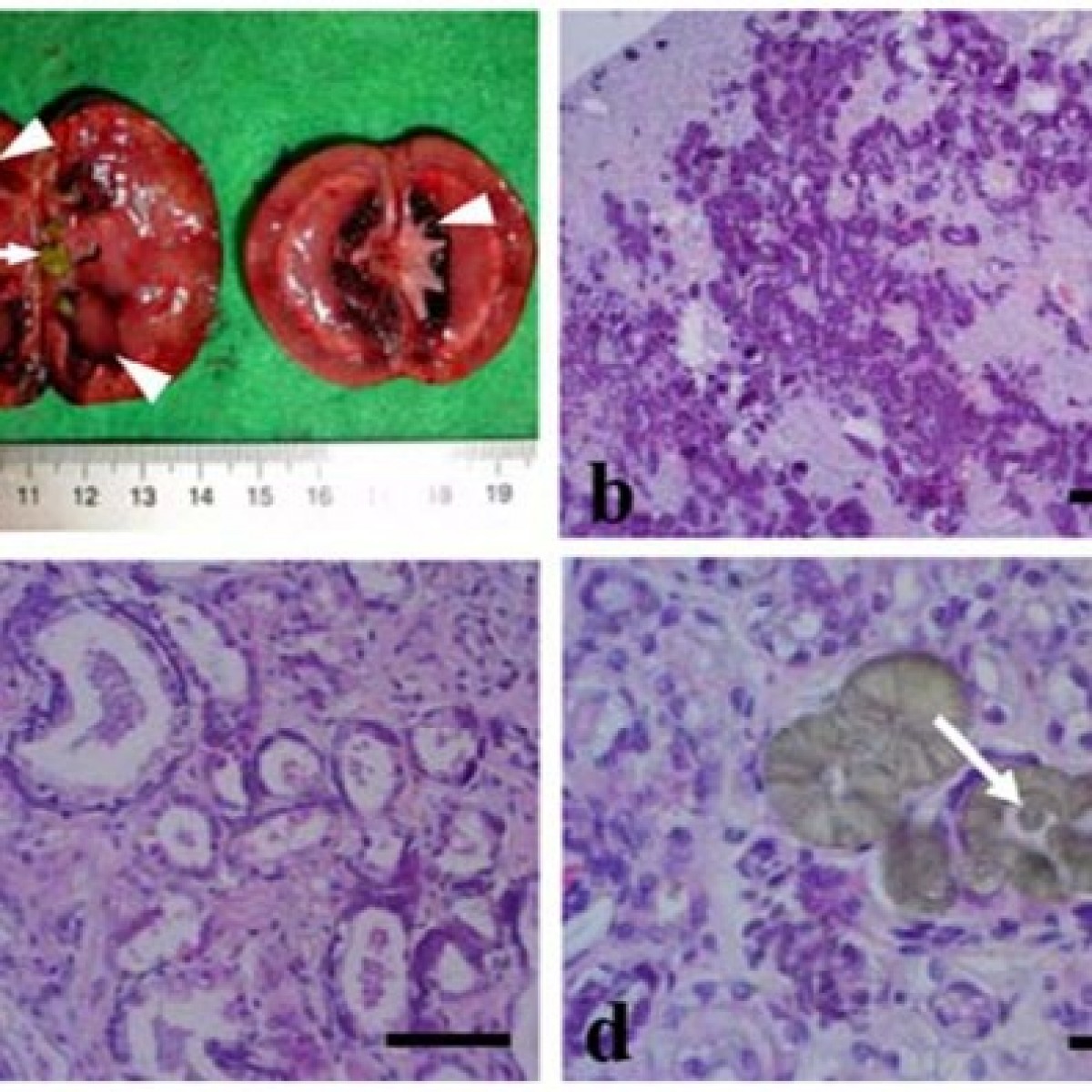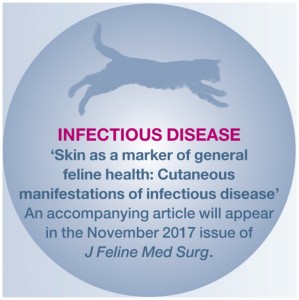Long-term outcome, troponin I concentrations in Great Danes screened for dilated cardiomyopathy
Dilated cardiomyopathy (DCM) is common in Great Danes (GDs) but screening for this condition can be challenging. The authors hypothesized that cardiac troponin-I (cTnI) concentration is elevated in GDs with DCM or ventricular arrhythmias (VAs) and is associated with reduced survival time in GDs.
Researchers enrolled 124 client-owned GDs in the study. Clinicians conducted echocardiograms with the dogs and a rating was given as normal (n = 53), equivocal (n = 37), preclinical DCM (n = 21) or clinical DCM (n = 13).
Echocardiographic diagnosis, VAs and contemporaneous cTnI concentrations were recorded. Diagnostic accuracy and cTnI cut-offs were determined with receiver operating characteristic analyses. Effects of the cTnI concentration and disease status on survival and cause of death were explored.
Results showed that median cTnI was greater in clinical DCM (0.6 ng/mL [25th-75th percentiles: 0.41-1.71 ng/mL]) and GDs with VAs (0.5 ng/mL [0.27-0.80 ng/mL], P<0.001). Elevated cTnI detected these dogs with good accuracy (area under the curve: 0.78-0.85; cut-offs 0.199-0.34 ng/mL).
Thirty-eight GDs (30.6%) suffered a cardiac death (CD); GDs suffering CD (0.25 ng/mL [0.21-0.53 ng/mL]) and specifically sudden cardiac death (SCD) (0.51 ng/mL [0.23-0.72 ng/mL]) had higher cTnI than GDs dying of other causes (0.20 ng/mL [0.14-0.35 ng/mL]; P<0.001).
Elevated cTnI (>0.199 ng/mL) was associated with shorter long-term survival (1.25 years) and increased risk of SCD. Great Danes with VAs had shorter survival times (0.97 years).
In conclusion, a cardiac troponin-I concentration is a useful adjunctive screening tool. Elevated cTnI is a negative prognostic indicator.
S El Sharkawy, et al. “Long-term outcome and troponin I concentrations in Great Danes screened for dilated cardiomyopathy: an observational retrospective epidemiological study.” J Vet Cardiol. 2023 Mar 22; 47:1-13. doi: 10.1016/j.jvc.2023.03.003.














List
Add
Please enter a comment